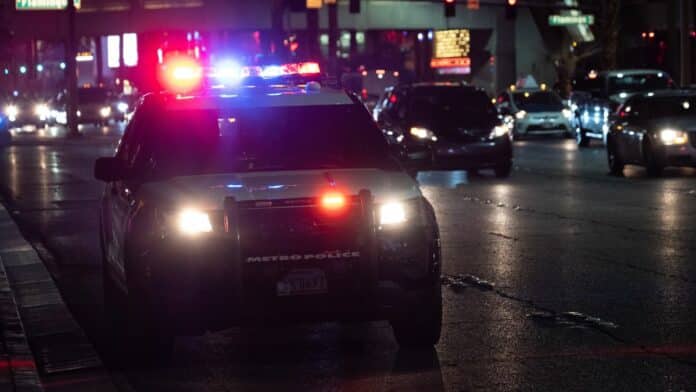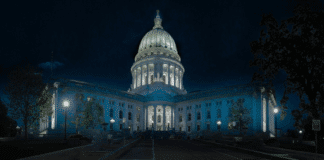A joyous end to a high school homecoming celebration in Leland, Mississippi turned into tragedy as gunfire erupted downtown in the early hours of Saturday, leaving at least four people dead and twelve others wounded. Authorities say the shooter remains at large as multiple agencies—including the Mississippi Bureau of Investigation—are investigating.
Leland Mayor John Lee confirmed no suspect has been identified, and he appealed for calm and cooperation from the public. State Senator Derrick Simmons described the scene as “very chaotic,” noting that multiple victims were airlifted to Jackson, the state capital, for further care.
This shooting is one of three separate homecoming‑related incidents that struck Mississippi Friday night. In Heidelberg, another deadly shooting claimed two lives, one of whom was reportedly a pregnant woman. A third shooting occurred in Rolling Fork, where two suspects were arrested. Mississippi Governor Tate Reeves expressed deep sorrow and pledged full support for the investigations.
















